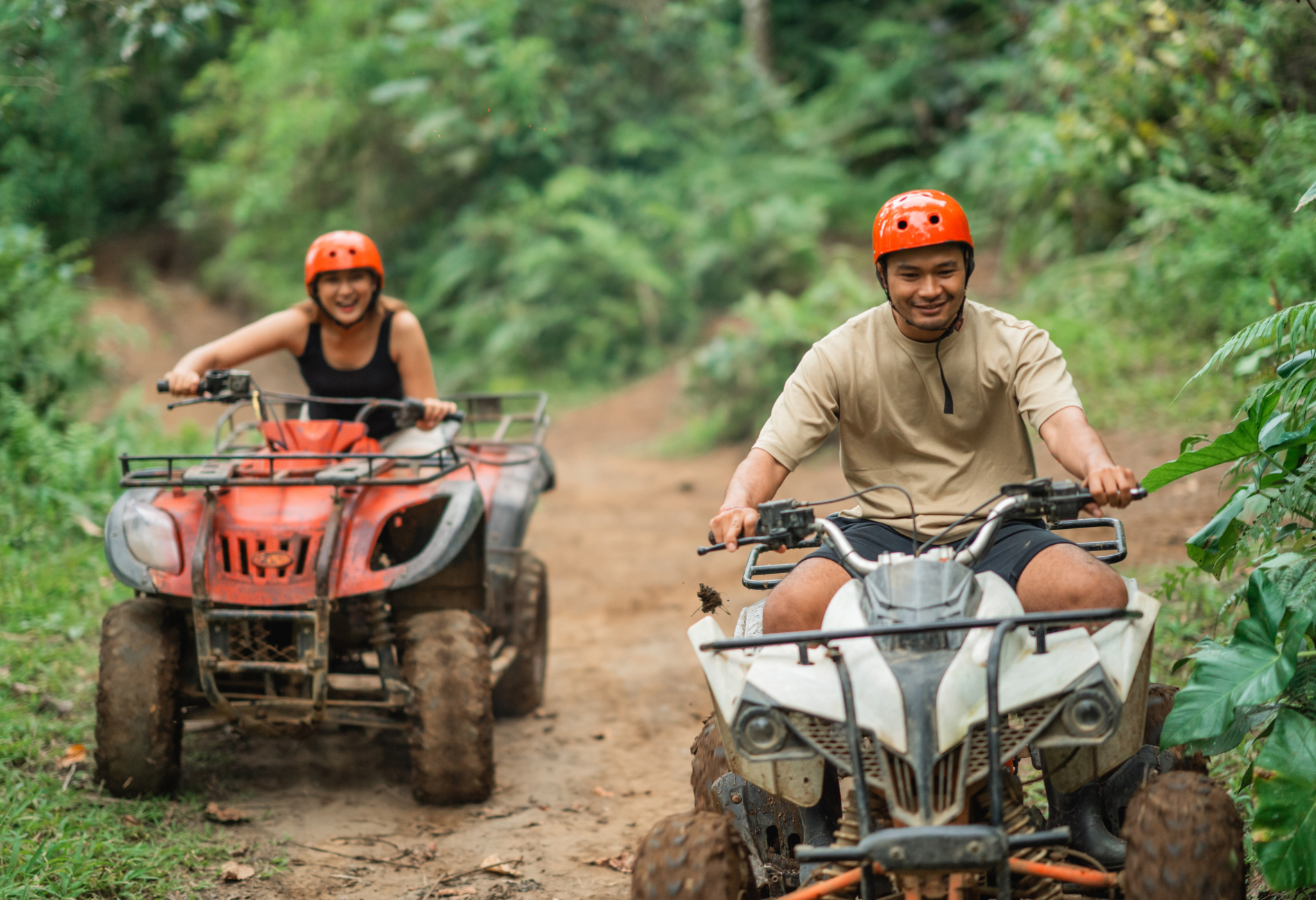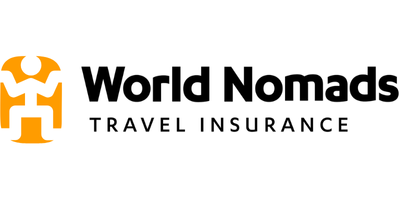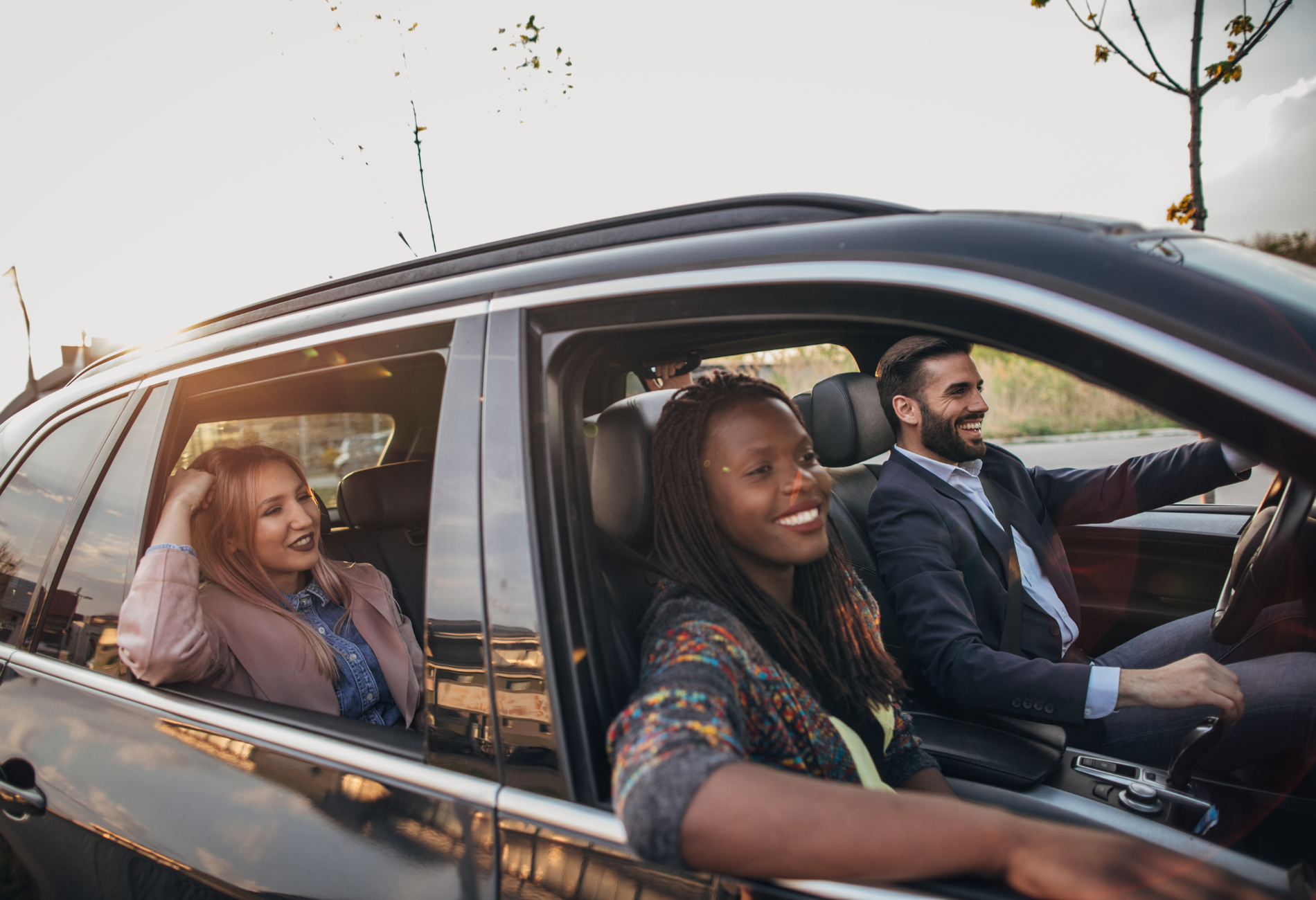Overview
Years ago in Thailand, I crashed the motorbike I was driving and broke my jaw. I was lying in the middle of the road—dazed, bleeding, and in pain—when a stranger rushed over to help. After checking that I was conscious and breathing, he asked just one question: “Do you have travel insurance?”
I did. I had purchased a policy through World Nomads before my trip.
As he loaded me into a car, he explained that because I had travel insurance, I could be taken to one of the best hospitals in the area—a private facility popular with expatriates and tourists. Without insurance, he would take me to the local public hospital, where care was inexpensive but not always up to the same standards.
The care I received was professional and compassionate, and after surgery and a long recovery, I healed completely. You’d never know I once had a broken jaw. But if I hadn’t had insurance—if I’d been taken to a facility without the right resources or specialists—my story could have ended very differently.
Experiencing a medical emergency abroad is terrifying. But having travel insurance can change the outcome entirely. Over ten years later, I now work for World Nomads. I sincerely believe travel insurance isn’t just a piece of paper; it’s a critical part of every trip, a safety net that lets you explore the world knowing you have help if something goes awry.
This article will walk you through how to prepare for medical emergencies abroad, what to do if one happens, and how your insurance can support you every step of the way.
World Nomads
World Nomads has been protecting adventurous and independent travelers with travel insurance coverage for more than 20 years.
Our quick take
They offer four budget-friendly travel protection plans for U.S. residents, designed to fit a variety of traveler needs and trip styles. Whether you’re traveling solo, as a couple, or with family (up to nine people), there’s a plan for you. Each option includes key benefits like trip cancellation, emergency medical coverage, baggage protection, and 24/7 non-insurance emergency assistance.
Key features
Covers 250+ adventure sports and activities
Offers Optional Cancel for Any Reason cover
Annual and Single-trip plans offered
Includes non-insurance perks like pre-trip health consultations & lost airline luggage retrieval services
Getting a quote is quick and easy
Why Travel Insurance Is Essential
Medical care abroad can be expensive, especially if you need emergency evacuation or specialized treatment. In many countries, hospitals may require payment upfront, and your domestic U.S. health insurance likely won’t provide coverage overseas.
Travel insurance helps bridge that gap. Depending upon where you are in the world, you may still need to pay upfront, but you can do so knowing you’ll be reimbursed. In other cases, the 24/7 emergency team can coordinate with the hospital directly and submit payment for you.
With a World Nomads plan, coverage includes:
Emergency medical and dental expenses
Hospitalization
Emergency medical evacuation and repatriation
24/7 non-insurance emergency assistance
Coverage for trip interruptions caused by a medical emergency
Note that all coverage is subject to terms, conditions, exclusions and benefit limits. You should read the plan thoroughly to make sure you understand what is and isn’t covered.
What to Look for in a Travel Insurance Policy
Not all travel insurance is created equal. When choosing a policy, whether it’s with World Nomads or any other provider, look closely at the following features:
Key features to prioritize:
Emergency medical and dental coverage
Make sure the policy covers accidents, illness, hospital stays, and emergency dental treatment.Emergency evacuation and repatriation
If you’re in a remote area or need to be flown to a different country—or back to the U.S.—this coverage can save you tens of thousands of dollars.24/7 emergency assistance
A global support team that can help you find care, coordinate transportation, translate if needed, and liaise with medical providers.- Coverage for pre-existing conditions
Some policies may cover stable pre-existing conditions. World Nomads offers a pre-existing exclusion waiver upon certain conditions being met.
Tips for comparing plans:
Compare the limits and exclusions for each coverage type.
Make sure the policy includes destinations you plan to visit and activities you intend to do.
More adventurous activities could require you to purchase a higher-level plan. For example, hiking is covered under all World Nomads plans. However, if your hike takes you above 21,325 feet (6,500 meters), you’ll need to purchase an Explorer or Epic plan.
Not all insurance plans cover all activities. Have a general idea of the activities you want to do and then cross-check them all with the plan you intend to buy.
Don’t just go for the cheapest plan. Consider the quality of coverage.
At World Nomads, the plans are designed for adventurous travelers, with options for both short-term and long-term trips, and coverage that includes more than 250 activities—from camping to surfing to extreme sports, like cave diving.
Real-Life Example: When the Unexpected Happens
Recently, one World Nomads traveler suffered a serious fall while visiting Egypt. He fractured his hip and needed emergency surgery, hospitalization, and ultimately a medical escort back to the U.S. The total claim paid? Over $7,000—all covered by World Nomads. Read the full story here.
These situations are rare, but when they happen, they’re costly and stressful. Travel insurance gives you both financial protection and peace of mind, knowing there’s someone on your side who can help you navigate the crisis.
During a Medical Emergency Abroad
If you need urgent medical attention while abroad, your top priority is to seek help immediately. As soon as you’re stable, contact your travel insurance provider. If possible, call before visiting a medical facility. Your insurer may have relationships with trusted local providers and can help direct you to the most appropriate care for your situation.
Key steps to follow:
Seek care first if it’s life-threatening. In an emergency, go straight to the nearest hospital.
Call the 24/7 emergency assistance line. World Nomads partners with a non-insurance emergency assistance team who can:
Recommend local medical facilities
Help with language translation
Coordinate treatment and transportation
Notify your family or emergency contacts
Contact your insurer as soon as possible, especially before undergoing non-urgent care or being transported. In some cases, the emergency assistance team serves as this point of contact (it does for World Nomads). However, this may not be the case with all travel insurance companies. Make sure you know who to call about logistics apart from emergency assistance (if applicable).
In regards to transportation, contacting your insurer may be required before arranging the service yourself. If you don’t, it could deem you ineligible for benefits
Keep records:
Save all receipts, medical reports, prescriptions, and discharge notes.
Get contact information for every doctor or facility involved.
Take photos of documents or facilities if needed for future claims.
Dealing with the Healthcare System
Healthcare systems vary widely. In some countries, public hospitals are affordable but crowded, while private hospitals may offer better care but charge higher fees upfront.
What to expect:
Insurance may influence where you’re treated.
In some destinations, your insurer may recommend a facility within a preferred provider network, which can simplify billing and improve the quality of care.You may need to pay upfront.
In some countries, you might need to cover expenses yourself and get reimbursed later. That’s why it’s so important to keep detailed records.Language barriers can complicate things.
Typically, emergency assistance teams can help communicate with local staff or provide translation if necessary.
If you’re not sure whether to stay in the country for treatment or return home, your insurer can help weigh the risks and costs and arrange evacuation if needed.
Getting Help from Your Embassy or Consulate
If you’re dealing with a serious situation abroad, your nearest U.S. embassy or consulate can be an important ally. However, it’s important to know what they can and cannot do.
They can:
Help you find local medical providers
Assist with language interpretation
Contact your family back home
Provide information about local laws and regulations
They cannot:
Pay your hospital or medical bills
Act as your insurer
Get you special treatment or services
Travel insurance and the embassy serve different roles – but together, they can offer important support in a crisis.
After the Emergency
Once you’re safe and your condition has stabilized, there are still important steps to take:
Filing your claim:
Submit as soon as possible. Most policies have time limits for submitting claims.
Include all medical documentation, receipts, diagnoses, treatment summaries, and travel documents (like boarding passes or itineraries).
Use the online claims portal or email system provided by your insurer for easier processing.
At World Nomads, we aim to process claims efficiently, but clear documentation makes a huge difference.
Conclusion
When you’re healthy and excited about a new adventure, it’s easy to assume everything will go smoothly. But illness and accidents don’t wait for convenient timing. I was just on my way to lunch when my motorbike accident happened. It was a route that I’d traveled many times before. Take it from me – travel insurance is more than a backup plan; it’s a necessity.
With World Nomads Travel Insurance, you’re not just covered financially. You also gain access to global medical support, evacuation services, and a dedicated emergency team that knows how to handle complex situations.
So before you go, make insurance part of your checklist, right alongside your passport and plane ticket. Because when you’re prepared, even the most unexpected medical emergency doesn’t have to become a disaster.
World Nomads
World Nomads has been protecting adventurous and independent travelers with travel insurance coverage for more than 20 years.
Our quick take
They offer four budget-friendly travel protection plans for U.S. residents, designed to fit a variety of traveler needs and trip styles. Whether you’re traveling solo, as a couple, or with family (up to nine people), there’s a plan for you. Each option includes key benefits like trip cancellation, emergency medical coverage, baggage protection, and 24/7 non-insurance emergency assistance.
Key features
Covers 250+ adventure sports and activities
Offers Optional Cancel for Any Reason cover
Annual and Single-trip plans offered
Includes non-insurance perks like pre-trip health consultations & lost airline luggage retrieval services
Getting a quote is quick and easy










 by your friends at The Daily Navigator
by your friends at The Daily Navigator



